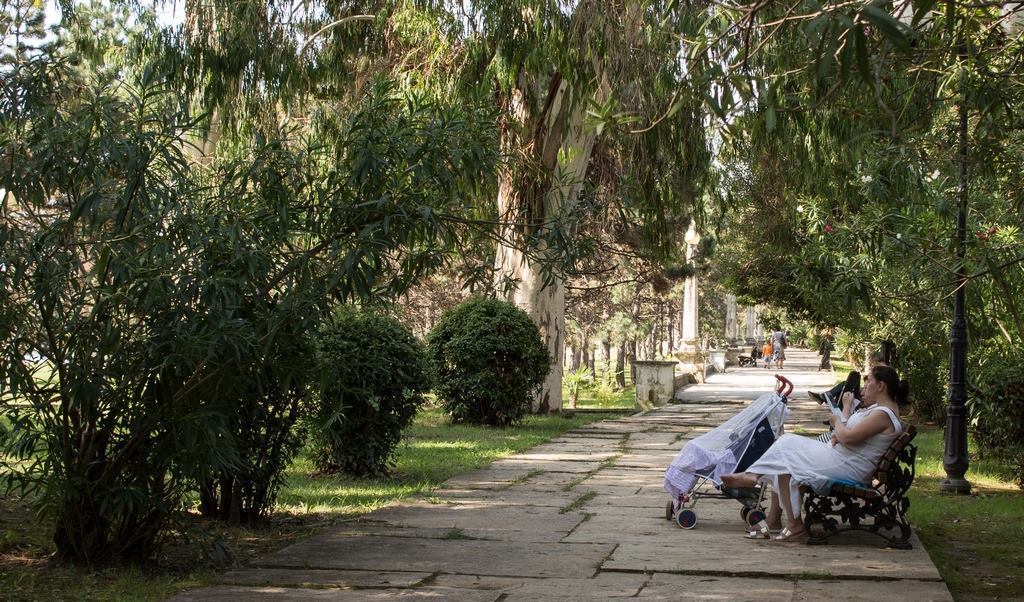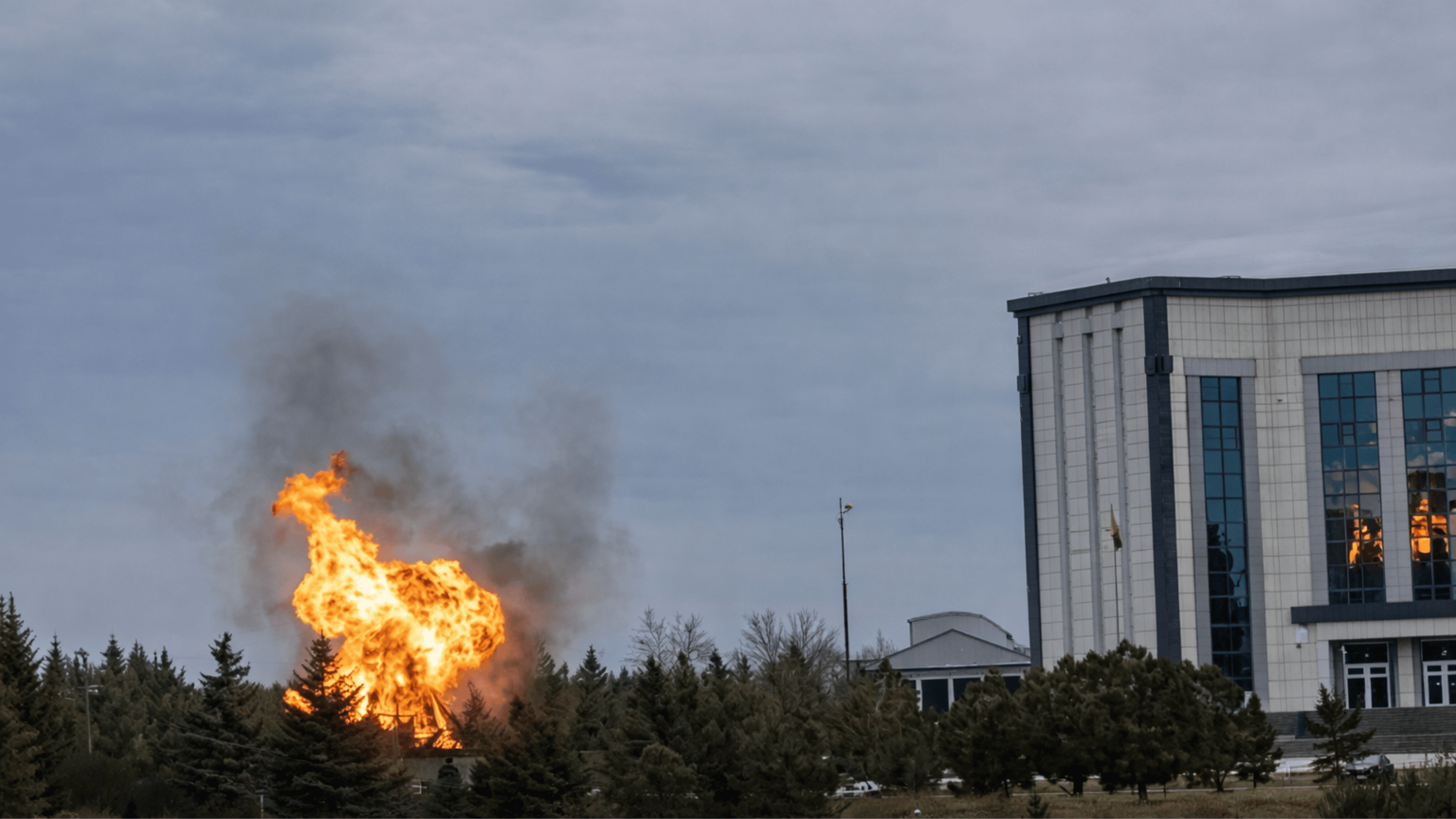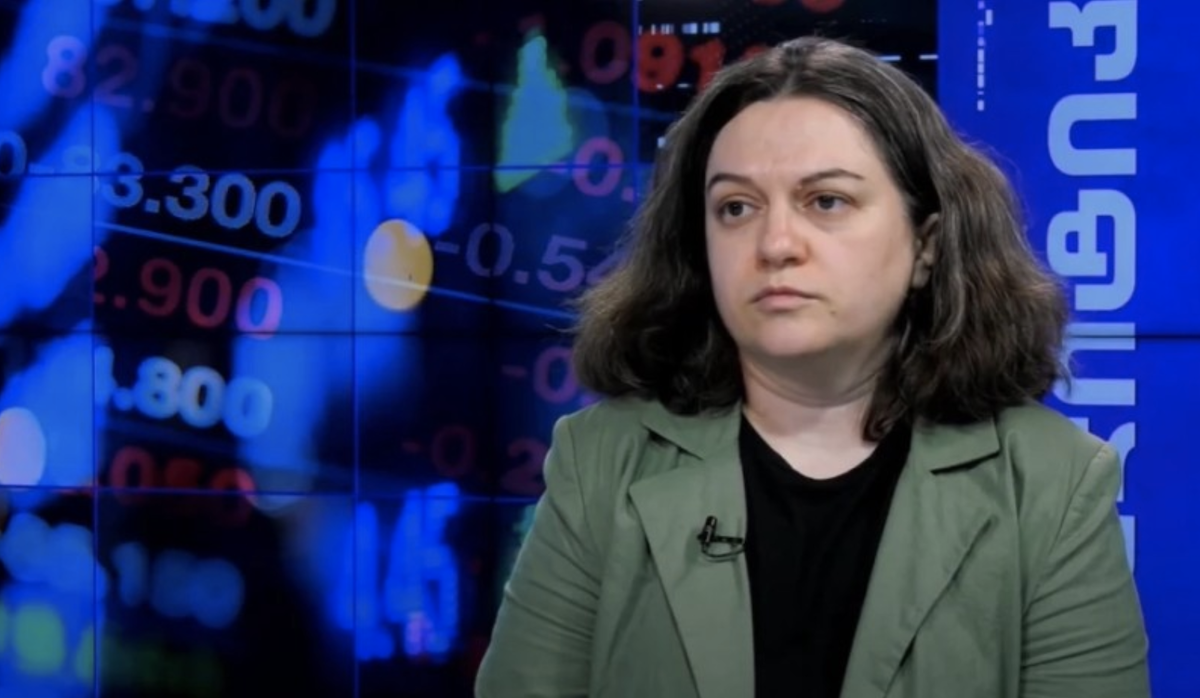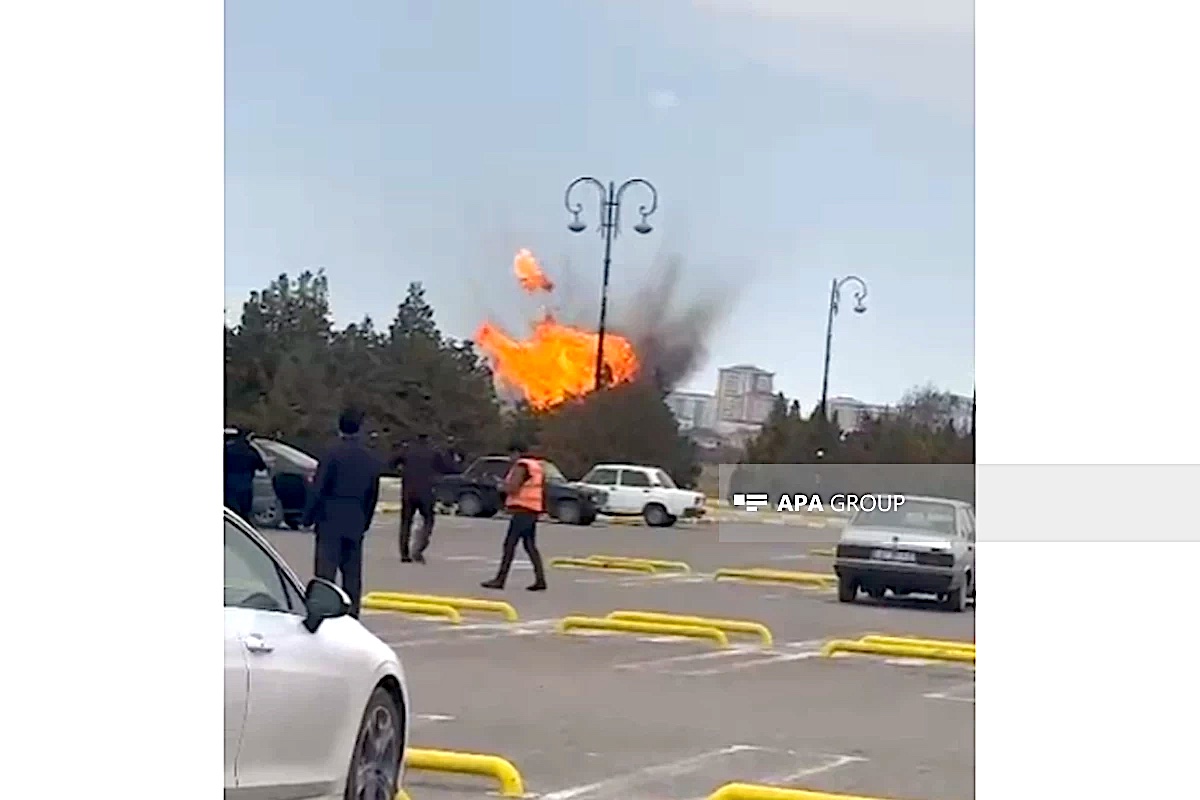What has changed in Abkhazia during the first year of Aslan Bzhania's presidency?
The new President of Abkhazia was supposed to be elected only in 2024, but Aslan Bzhania took this post four years earlier, following the results of early elections that were held on March 22, 2020, and amidst the crisis that erupted after the Supreme Court overturned the results of both rounds of elections in 2019 leading to massive protests and the storming of the presidential palace.
One year after Aslan Bzhania’s coming into power, JAMnews discussed the government’s achievements, failures, and hopes for the future with its supporters, opposition, and experts.
Opposition: Little has changed
A year ago, the spring was warmer – one can see it from the photos of the election day. Abkhazia, having just gone through another serious political crisis, went to the polling stations again. There were three names in the bulletins – Aslan Bzhania, Adgur Ardzinba, Leonid Dzyapshba.
MP Alkhas Jinjolia supported Adgur Ardzinba’s candidacy. Now Ardzinba is the leader of the opposition, and Jinjolia is a member of the opposition Abkhaz People’s Movement movement.
“Unfortunately, I cannot say that something has changed dramatically in our country over the past year. Moreover, if you look at the picture in general, it does not matter at all who won and who lost. Abkhazia should always win, not some political force. In this regard, we have not yet achieved any progress, I emphasize, all together. The only thing we have achieved is that the red line has not been passed after the next elections. Every time we have enough reason to stop at some moment, ”says Alkhas Jinjolia.
- Opinion: Can new agreement between government and opposition make a real change in Abkhaz politics?
- Russia and Abkhazia: creeping ‘harmonization’
- Abkhaz opposition leader wins presidential election – opponents ready to cooperate
Alkhas Jinjolia is a practicing surgeon at the Sukhum city hospital. First of all, he calls himself a doctor. And always, and especially now, during a pandemic, he looks at everything from the position of medicine.
“The pandemic has shown that together we are also capable of something. The virus reminded us that it is always better to stand together. Old truths have become clear – no one has ever won in anything on their own. The same applies to our internal life … All the latest topics on our agenda – the Aruaa congress [veterans of the Georgian-Abkhaz war demanded President Bzhania resign in March 2020- JAMnews], the adoption of Article 20 [ratification of Article 20 of the UN Convention against Corruption at the opposition’s request – JAMnews], relations with Georgia – what are they showing us? That the instinct of self-preservation is still very much alive in our society”, says Jinjolia.
“We are highly dependent on Russia, but it can always ask for something in return”.
Among the MPs who supported the incumbent president, several people for various, often objective reasons, refused to be interviewed. MP Batal Tabagua commented agreed to talk to us and stated that, in his opinion, the past political year was difficult:
“First of all, in my opinion, the main task was to strengthen the law enforcement agencies. Regardless of who the president is, we are building a state, and it must be reliable in terms of the safety of citizens and everyone who comes here. We have a movement towards strengthening the rule of law, and it is moving in a good direction …
I cannot say that this can only be attributed to the new president, no. These are fundamental things that were laid down at one time by Bagapsh, then by Ankvab, Khajimba and were build upon, little by little”, says Batal Tabagua.

Among his most immediate worries, both present and ones about the future, Batal Tabagua names the following:
“I understand that any president of such a small country that needs everything – energy, law and order, healthcare, etc., is very dependent, even on their friends.
We are very dependent on the Russian Federation because it is helping us a lot. We, of course, must be grateful for such help but we must also think about ourselves. Of course, I understand that any leader of Abkhazia has two problems: asking for help, and remembering that any help should be paid for. However, whatever our friends will ask us to give them in return should not have a long-lasting impact on us. I hope that now the pandemic will subside, and the president will meet with his citizens, wherever they are, and speak to them frankly about the problems that we are currently facing. I also hope that he will tell them exactly what kind of help we seek and what it may cost us so that they can decide whether we should bother asking for it?”
Achievements and failures of the past year
Political scientist and psychologist Arda Inal-ipa notes that the past year has been consistently tense.
“Nevertheless, I saw some peaceful messages from the authorities. Not always successful, but sometimes more successful than usual. It seems to me that both the authorities and the opposition are trying to create such a space for consultations and meetings. This is a difficult path, but I hope that it will succeed”, says Inal-ipa.
MP Alkhas Jinjolia also notes the creation of an advisory council for parties and public organizations under the president and MP Batal Tabagua considers the created commission on constitutional reform to be a positive intention of the authorities.
Among the highlights of the past political year, Arda Inal-ipa names some bills that have not been adopted by the MPs yet.
“For example, bills on organized crime, on the fight against corruption, this is a difficult process, we understand, but somehow it dragged on. We also hoped that work would begin on preparing the reform of the parliament so that we can move to a mixed [party and majority] system”, the expert says. [Today, MPs are only elected in single-mandate constituencies – JAMnews].
MP Alkhas Jinjolia says that politicians’ inability to listen, hear, and understand each other is a persistent problem that needs to be addressed. He adds that the parliamentary meeting room, especially over the past year, has become the root of many heated disputes.
“Only the lazy one has not criticized us for the way in which our meetings are being held and so on. Yes, we are human too and yes, our traditional society has forgotten how to listen to each other. I hope that something positive awaits us in the future because life will force us to work together. External threats always invisibly affect our domestic policy”, says Jinjolia.
What will happen next?
Exactly one year later, in the spring of 2022, parliamentary elections will be on the agenda. Therefore, speaking about 365 days that have passed since the presidential elections, it is hard not to wonder what the next 365 days will be like. We asked our interlocutors what kind of changes, decisions, initiatives, and ideas would they like to see emerging in the next year.
“Don’t people get into power in order to bring changes for the better? So I hope that these changes will take place this year. I hope that intelligible, sane legislative ideas will be proposed. I hope the parliamentary elections will become a battle of ideas, not candidates”, says Alkhas Jinjolia.
“I would like to see the election law updated and requirements for clear criminal record and higher education diploma to be introduced to the candidates. If a mixed system is implemented, then the role of parties would be much stronger, the responsibility for the people that parties represent will be higher and the overall quality of parliament will be increased”, says Arda Inal-ipa.
“It is clear that at the next parliamentary elections, whether we like it or not the president and his people will try and have their candidates win in the districts. The parliament that exists now is, in terms of its potential, is definitely above average, if not the best. But the efficiency … I don’t even want to evaluate it, and I mean including myself too.
The elections will be serious. The executive and legislative authorities must nevertheless explain to our fellow citizens that we should not give our votes for gravel, which will be poured today and disappear tomorrow, nor for the flour or sugar. We must understand that the MPs are responsible for making decisions that can become irreversible”, Batal Tabagua believes.
Terms, place names, opinions and ideas suggested by the author of the publication are her / his own and do not necessarily coincide with the opinions and ideas of JAMnews or its individual employees. JAMnews reserves the right to remove comments on posts that are deemed offensive, threatening, violent or otherwise ethically unacceptable.


















